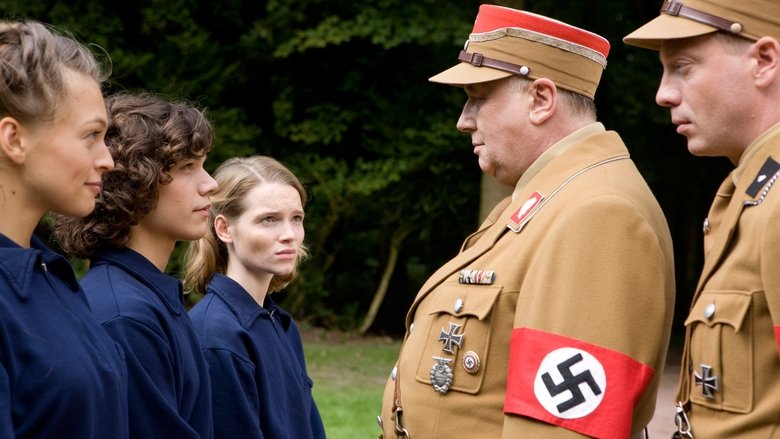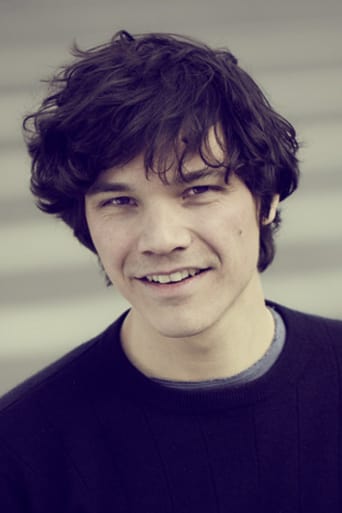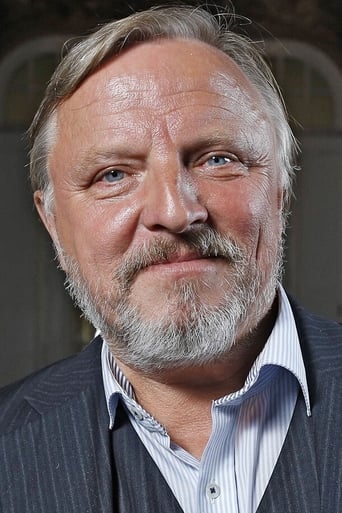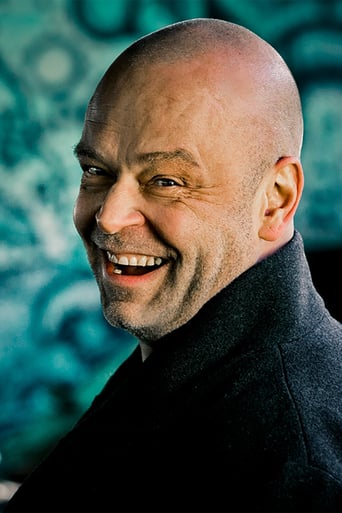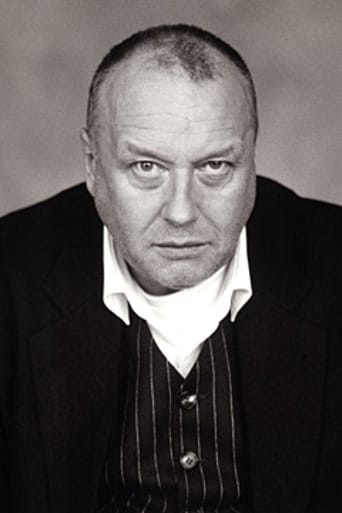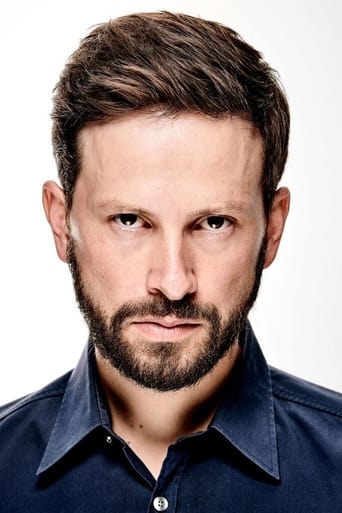Berlin 36 is a 2009 German film telling the fate of Jewish athlete Gretel Bergmann in the 1936 Summer Olympics. She was replaced by the Nazi regime by an athlete later discovered to be a man. The film is based on a true story and was released in Germany on September 10, 2009. Reporters at Der Spiegel challenged the historical basis for many of the events in the film, pointing to arrest records and medical examinations indicating German authorities did not learn Dora Ratjen was male until 1938.


Similar titles

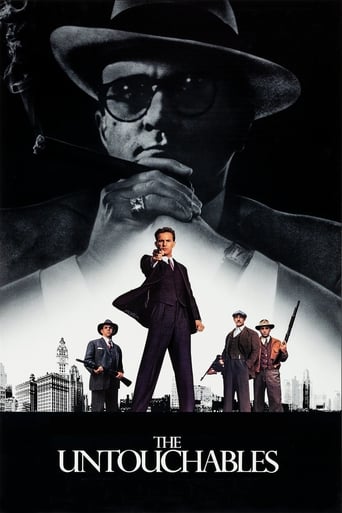
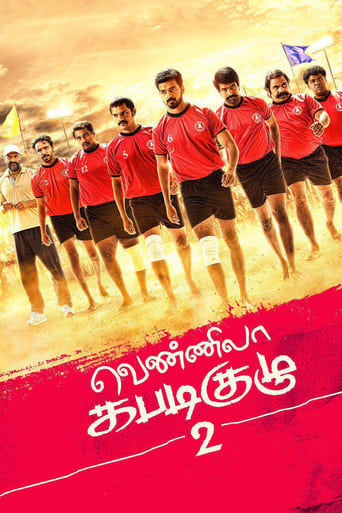


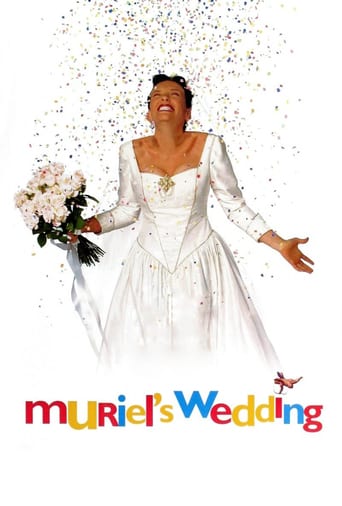
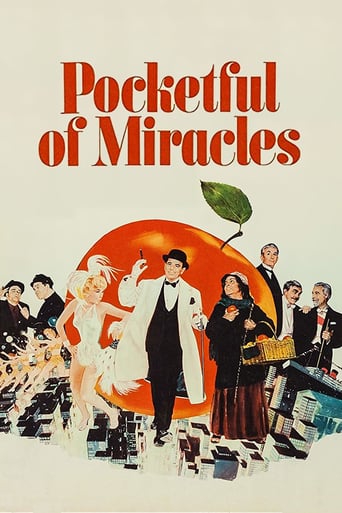


Reviews
The title of Kaspar Heidelbach's "Berlin '36" gives away basically already what this is about: the Berlin Olympic Games 1936. Well, this is only true to some extent. It is really more about the fate of high jumper Gretel Bergmann (Karoline Herfurth) before the actual event. She is a Jew, which leads to difficulties in terms of her getting nominated for the team. However, it was really the Nazis who got her back from London in order to show the world that religion does not matter in the grand picture when it comes to an event like the Olympic Games. Of course, it is all make-believe and in the end, she is not allowed to participate. But this film is also about a second athlete, Marie Ketteler, who is brought in by the Nazis to take Bergmann's place in the squad. She is played by Sebastian Urzendowsky and I must say, this is also my biggest criticism about this film. Maybe, it was because I knew the actor before, but I never saw something in him that people would think he is a woman. The long hair and not too masculine face weren't too bad for the role, but his deep voice destroyed it all. Apart from that, I think he is not a particularly gifted actor.Luckily, the other male (older) actors made up for this. Thomas Thieme is great fun as always and his reaction when he reads Ketteler's medical file is priceless. Axel Prahl is reliable and likable as usual and Robert Gallinowski was a positive surprise, played his part very well. Back to Thieme's character, I also liked the scene, in which he shakes hands with the athletes, not only because he ignores Bergmann, but also because of how he lacks all enthusiasm when he shakes Ketteler's hand, the enthusiasm that he had before when he shook the hands of the non-degenerate athletes. Ketteler is basically just a tool for him to get rid off Bergmann, but he still somewhat despises her for her imperfection.All in all, this 6-year-old movie was a pretty good watch. It is not historically accurate on many occasions (for example the names except Bergmann), but it takes on a truly interesting subject and proves that it is still possible, after all these years and films, to bring something new to the screen in terms of Nazi Germany. Bergmann, by the way is still alive today, over 100 years old in 2015. I recommend this film. It's a good mix of political thriller and historical context with smart dramatic elements. If you want to see a bit of a boys' version, I suggest you check out "Napola" about a couple boxers training for the Olympic Games 1936 as well. But back to this one: I can totally see why Herfurth is among the most famous German actresses right now. She plays her part well and carries this film nicely despite her young age.
The year is 1936 in the Germany of Adolf Hitler and the '36 Olympics is to be held in Berlin. Germany's best high jumper is the Jewish Gretel Bergmann which creates a problem for the Nazi sports establishment. If they field a Jew and she wins a gold, Hitler would not be amused and this could have nasty repercussions for the officials in charge. Ergo the plan is to enter a ringer, a talented male jumper who has been masquerading as female jumper with success. Though that may sound improbable it actually happened. The jumper is identified as Marie Ketteler though his real name at the time was Dora Ratjen.The main action begins at the training camp where Gretel and Marie are room mates. As a Jew, Gretel is subject to continuous slights and insults and Marie is portrayed as supportive. The biggest deviation from reality was the scene in which Marie reveals himself to Gretel to be male. Gretel said she only found out about it years latter from an article in Time Magazine on males who competed as females. Gretel is omitted from the competitors due to lack of performance. Marie competes and finishes fourth. The film suggests Marie intentionally performed poorly out of protest to the exclusion of Gretel and as Marie set a new world record in 1938 this does lend some credence to that portrayal.The most interesting scenes are at the camp with the actors practicing their jumps. Thereafter the narrative gets lost in the machinations of Gretel's expulsion and the scenes at the Olympic village are too fakey.Karoline Herfurth gives a credible performance as the embattled Gretel while Sebastian Urzendowsky performs heroically in dresses. As a film its strongest point is the strangeness of the circumstances rather than any merit as a drama.
There hasn't been a lot done in movies about the 1936 Berlin Olympics - at least not that I've come across. Those Games, of course, are now famous as the Nazi Games. Hitler and the Nazis, having come to power three years before, were determined to use the Games to demonstrate "Aryan" superiority. What most people remember about those Games is that theory being blasted out of the water by African-American sprinter Jesse Owens. This movie deals not so much with the Olympic Games themselves, but with Germany's preparations for the Olympics, and in particular with the selection of the German Ladies High-Jump team.The United States was threatening a boycott of these Games if German Jewish athletes weren't allowed to compete for Germany. On the one hand, the Nazis had no intention of allowing Jews to represent Germany; on the other hand, the Nazis couldn't risk an American boycott of the their Games. So they developed an elaborate ruse. A Jewish female high jumper (Gretel Bergmann) had emigrated to Britain and become British champion. She's "convinced" to return to Germany to train with the German team. With her family still in Germany, she has little choice but to comply or have them face the consequences. As she's told, this is also the perfect opportunity to expose the myth of Aryan superiority. All she has to do is win - except that she's not going to be allowed to do that. To make sure, the Nazis plant a ringer on the team: a young man raised by his mother as a girl. Named Maria Ketteler, he/she and Gretel develop a bond and a friendship, each of them being forced by the Nazis to do something they'd rather not be doing. Gretel would have preferred to stay in London; Maria wants to end the charade her mother has forced her to live all her life and simply live as a man. The character of Maria is problematic. That wasn't her real name. Her real name was Dora Ratjen, and it wasn't simply that her mother wanted a girl and so raised a boy as a girl. Dora was born with ambiguous genitalia. I don't know why the producers of this would have chosen to change those facts.This movie isn't as harsh as some movies about Nazi Germany. The overt prejudice against Jews isn't as violent as we usually see (of course, the Olympics were held before Krystallnacht and before the Holocaust had begun in earnest.) Gretel isn't liked by her "team-mates." She's isolated, she's lonely, German officials will come up with any excuse to prevent her from competing, and yet she'll be forced to train and go through the motions as if she might. She becomes a definite object of sympathy. You do feel sorry for her. Actress Karoline Herfurth brought forth that sympathetic reaction very well. You also feel for Maria (Sebastian Urzandowski). None of this is his/her fault. Their bond, after Gretel gets over the shock of discovering Maria's "secret," is real and understandable. Nothing really tragic happens to either of them. In that sense this isn't a "Holocaust" movie. Both survived the "Holocaust." But it's a sad movie of two people caught up in an insane system in an insane country in an insane period of time.As the movie ends, we're introduced to the real Greta Bergmann (this is a true story) who answers a few questions about the Games and about Maria. Greta and her family emigrated to New York before the War. Maria was discovered to be a man, but survived the War, unfortunately becoming a recluse, finally dying in 2008. This is a well done story of a little known event in Nazi history. It's neither brutal nor violent. Instead, it's interesting but sad. For those interested in the era, it should be seen. (9/10)
Berlin 36 (2009), is a German film directed by Kaspar Heidelbach. As the name implies, the action is set before and during the 1936 Summer Olympics in Nazi Germany.German politicians were caught on the horns of a dilemma--some of their finest athletes were Jewish. The Nazis would rather lose a medal for Germany than admit that Jewish athletes could be among the world's greatest.When it became obvious that German Jews were being systematically kept out of the competition, progressive U.S. citizens called for a U.S. boycott of the Olympics. However, Avery Brundage, the U.S. Olympic President, would have none of this. Not only did he want U.S. athletes to compete, which at least is understandable, but he was a known Nazi sympathizer and anti-Semite. (Not just my opinion--check out his Wikipedia entry.) So, the problem was solved by having the Germans give assurances that German Jewish athletes could, indeed, compete at the Olympics, and then making sure that they didn't actually compete.Caught in this sick, volatile situation is Gretel Bergmann (played by the lovely Karoline Herfurth) who is certainly the best woman high jumper in Germany, and possibly the best in the world. The Nazis were determined that she would not compete, and one method they chose to assure this was to bring onto the team an untried, but gifted, athlete named Marie Ketteler. Both Gretel and Marie understand what's going on, but they nonetheless form an unlikely friendship and alliance. In the ghastly situation present in Nazi Germany in 1936, whether or not an athlete competes in the high jump may seem extremely trivial. However, the movie gives a good sense of how thoroughly Naziism pervaded the entire fabric of pre-war Germany, and how readily non-Germans with fascist tendencies played along with Hitler's plans.Incidentally, although this is not portrayed in the film, Brundage also saw to it that some American Jewish athletes were removed from Olympic competition because "he didn't want to embarrass the Nazis." He was just a great all-around sportsman. We saw this film at the wonderful Rochester Jewish Film Festival. Some of the effects of the large-scale stadium productions will be lost on the small screen, but the intense parts of the film will work well on DVD.For some reason, this movie has earned a ridiculously low IMDb average of 6.5. Hard to believe and, to me, inexplicable. Ignore the rating. Find this film and see it!

